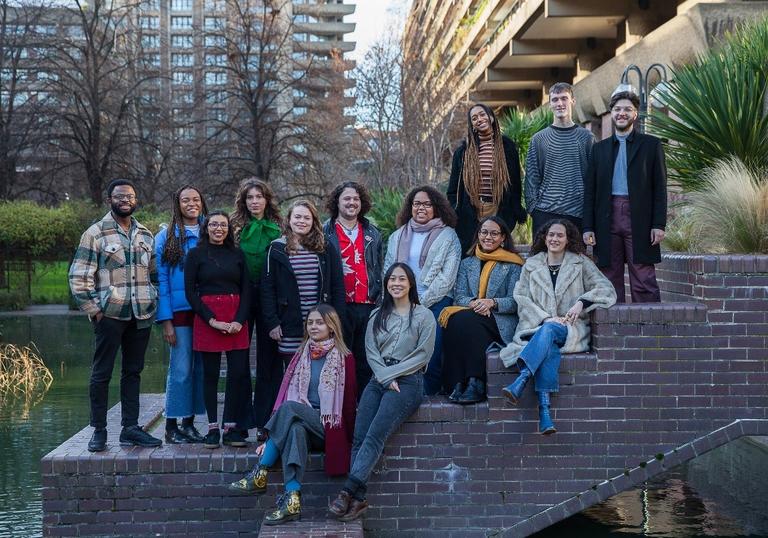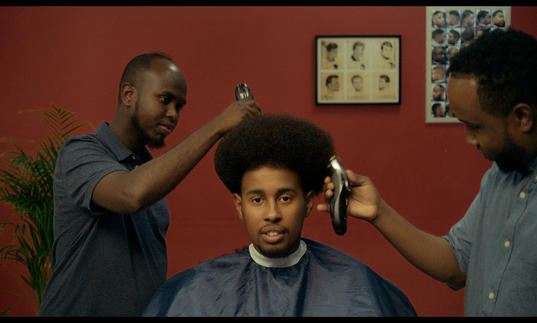The Covid-19 pandemic threw up more plot twists than a film script for the organisers of the Chronic Youth Film Festival (3–13 Oct).
Curated and delivered by our Young Programmers – a group of around 15 cinema enthusiasts aged 16–25 – the festival was due to take place in March, after seven months of hard work. But just two weeks before, it had to be cancelled.
‘Everything was thrown into chaos,’ says Young Programmer Ademola Bello. ‘We were not entirely sure what would happen with the festival.’
Now the event will be screened online and in our cinemas. ‘Fortunately, online events come with a host of advantages that we hadn’t considered before,’ says Bello.
It feels like we are in a transitional stage in cinema and more generally. There is an opportunity for people to decide what direction to move in and as a young person I feel a responsibility to participate in that decision – Bello
Fellow Young Programmer Allissa Tai adds, ‘Even though it was disappointing to postpone the event, it has been a great opportunity to learn new digital formats and reimagine how events may take place – I’ve been really enjoying watch parties and director Q&As over lockdown and considering how we may host similar events for Chronic Youth.’
The films being screened for the festival have been chosen by the group. The programme teaches participants exactly what it takes to create such an event, from selecting films and securing rights, to marketing and organising guest speakers.
‘There were lots of debate and far-out suggestions, but it was always a safe space to discuss and learn from one another’s tastes, adds, Ro ¯ gan Graham, a freelance film writer who became curious about programming ‘as a way to understand why and what films become available to which communities, or not’.
We also considered how the films we chose existed in dialogue with each other – Bello
Bello says the line-up has a strong representation of female directors ‘because of conscious decisions, and the disparate geographic spread of the films is a reflection of the open approach to film we all take. We also considered how the films we chose existed in dialogue with each other when we started the final selection process’.
To an extent, the films reflect the group’s interests. Graham says, ‘Especially speaking to the times we’re in right now, a lot of people my age feel deprived of knowledge about British history and how it is shaped by people of colour in this country. I know a lot of my friends are looking at archive and documentary, researching to create their own and using filmmaking to fill these gaps in their knowledge.’
Adds Bello: ‘It feels like we are in a transitional stage in cinema and more generally. There is an opportunity for people to decide what direction to move in and as a young person I feel a responsibility to participate in that decision. With regards to filmmaking, I hope the movement is towards a conscious and purposeful mode of filmmaking that finds its voice through different platforms. I want to find ways to support independent cinema and artists.’
I also reckon that the challenges in funding and changes in the creative industries mean that there will be a lot more grassroots community organising to share resources and information – Tai
And Tai says ‘As equipment becomes cheaper and information becomes more available there will also be a lot more self-shooting going on. I also reckon that the challenges in funding and changes in the creative industries mean that there will be a lot more grassroots community organising to share resources and information. So that could lead to more experimental and interesting films and filmmaking styles as people respond creatively to economic limitations.’
The Young Programmers scheme is just one of a range of talent development opportunities we offer young people through Barbican Guildhall Creative Learning. Other programmes include the Young Visual Arts Group, Young Poets and National Open Youth Orchestra. Find out more about how to apply.





